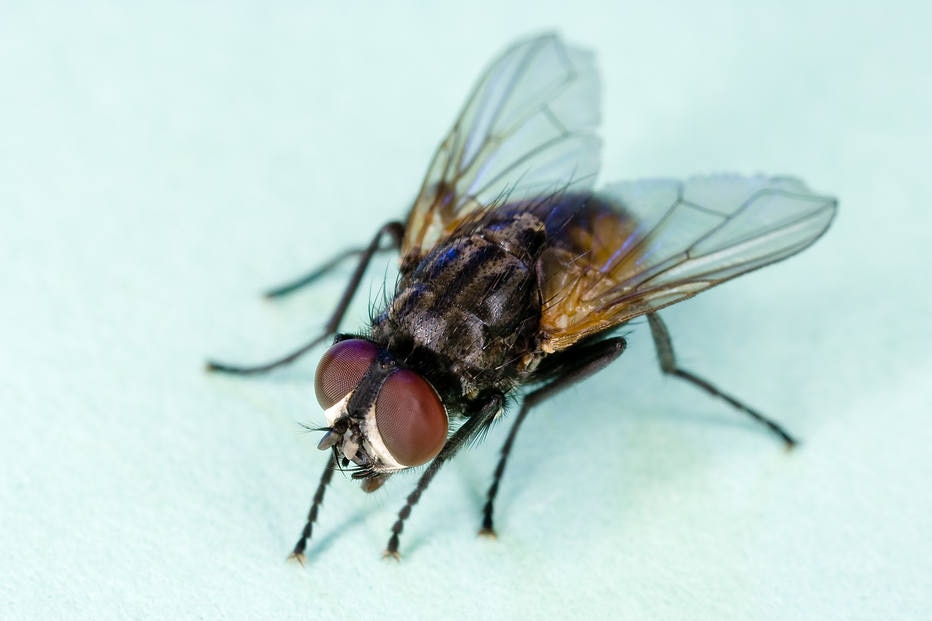How does social isolation increase hunger and insomnia? Science is trying to find out – health
3 min read

Even those who love solitude know that man is a social animal. We like to live as a family, eat and work together, talk and talk as if time does not exist. NS isolation it causes Stress It makes us suffer. No wonder solitary confinement is the worst prison sentence. Moreover, the causes of isolation suffering NS depression. Several studies show that stress suppresses the immune system, increasing infection cancerHeart problems and other illnesses whose relationship to stress is less clear.
In the past year and a half, many humans have been forced into isolation. We live in confinement and the results are becoming clear: people suffering from depression, depression, sleep problems and being overweight.
What remains unknown is the biological mechanism linking a lack of social contact with these diseases. To this day, it was thought that they were psychological mechanisms – no one suspected that physiological or genetic mechanisms might be involved.
Now, for the first time, the biological mechanism of loneliness has been studied using the famous method drosófilas. And what was found is that this simple brainfly also has typical symptoms of loneliness in isolation.
Fruit flies are kept in glass bottles, hundreds in each bottle, but it is very easy to just put one in each bottle and see what happens. Since flies live for 15 to 30 days, the scientists divided the group of flies into three groups. The untreated group spent their entire lives living together in a large group. To simulate acute isolation, flies in the placebo group were isolated for 1 day. And to simulate chronic isolation, the loneliness lasted seven days (about half-life, poor things). During seclusion, they had access to all the food they wanted and were treated like those who lived in a group.
What the scientists noticed was that those who were isolated for a day slept less and ate a little more. Those who quarantined for seven days slept less and ate much more. Exactly what a lot of people do in isolation. After the observations were made, the flies were decapitated and their brains analyzed. The impressive finding is that the activity of a total of 214 genes was altered in the isolated flies.
Since the genes of these flies are well known, it can be shown that a significant portion of these genes are involved in the sleep mechanism and food control. That is, flies have a mechanism that makes their brain work differently when they are isolated. The scientists found that the differences occurred in a group of neurons called P2, involved in controlling sleep and eating. Then they made the experiment more interesting: they used a trick to make these neurons more active. They found that when P2 neurons such as this fly are activated, they show all the symptoms of a fly placed in isolation for seven days.
These results show that in the brain of these young flies there is a mechanism that reduces the number of hours of sleep and increases the flies’ appetite once they are lonely. Interestingly, many of these genes altered by loneliness correspond to genes found in mammals and humans. This raises the hypothesis that we may have a mechanism capable of altering our brain when we experience loneliness. This is not entirely unexpected, because social interaction is a component of our normal lives.
This study, which may have been inspired by the loneliness that scientists feel, is actually the result of changes in their interest in the pandemic. And if you’ve overslept and recently gained weight, you can relax, some mechanism such as that found in fruit flies may be to blame.
more information: Chronic social isolation indicates starvation and reduces sleep in Drosophila
*He is a biologist, Ph.D. in cellular and molecular biology from Cornell University and author The arrival of the new Corona virus in Brazil; Lotus leaf, mosquito slide; NS The Long Walk of Gryllos Cannibal

“Entrepreneur. Music enthusiast. Lifelong communicator. General coffee aficionado. Internet scholar.”

:strip_icc()/s04.video.glbimg.com/x720/11792055.jpg)

:strip_icc()/s03.video.glbimg.com/x720/11786998.jpg)